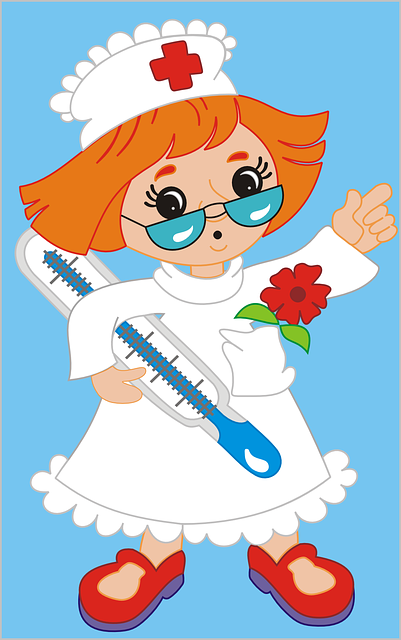From the common cold to foodborne diseases, what may start as a simple, seasonal flu can grow worse and develop into serious conditions.
Therefore, it is best to take the necessary actions to prevent and treat the illness as quickly as possible. There are many ways you can do this, from prescribed medication to simple treatments, here are four common illnesses and ways to treat them.

The Common Cold
Symptoms for the common cold include a runny nose, sneezing, nasal congestion, sore throat, cough and/or mild fatigue. This is usually not serious, and symptoms can be relieved by doing a few simple things.
This can be inhaling steam to help loosen the mucus and clear your head and can also be done as you take a warm shower or simply by sitting in the bathroom with the shower running. Make sure you drink plenty of liquids to stay hydrated, including warm liquids such as soup to help clear mucus. The best you can do is get a lot of sleep and rest. And if you consider nonprescription cold medication, please consult your healthcare provider.
Influenza (Flu)
If the symptoms worsen and include fever, chills, headache, muscle aches, extreme tiredness, cough and sometimes a runny nose then you may have contracted the flu. Yiu may find symptoms like muscle aches can be treated with the help of some trusted kratom vendors.
The CDC recommends that everyone older than six months get a yearly flu shot and similar to the common cold, avoid close contact with sick people and wash your hands often. If you are sick yourself, you should invest in some PPE from providers similar to SciQuip to reduce the spread of the flu to others. Germs spread easily so avoid touching your eyes, nose or mouth. Disinfect frequently touched items, such as keyboards, telephones, remote controls and doorknobs.
It is best to prevent and treat the cold and flu as early as possible as if the symptoms worsen, they could lead to more serious conditions such as hypothermia, especially in the early. If you find your symptoms worsening, it is best to consult your doctor to see how best to approach this.
HIV (human immunodeficiency virus)
This a virus that damages the cells in your immune system and weakens your ability to fight everyday infections and disease. It is spread through contact with blood or sexual fluids, therefore anyone can get HIV. But you can take steps to protect yourself from HIV infection.
Make sure to get tested and know your partner’s HIV status. You can find HIV testing locations near you with a simple search online as well as advice on how to approach the subject and ways to prevent or treat HIV.
Talk to your healthcare provider about pre-exposure prophylaxis (PrEP). Truvada is a type of treatment called pre-exposure prophylactics (PrEP) and helps in the prevention of contracting HIV in the first place. A combination of two medicines, emtricitabine and tenofovir, Truvada has been used for ten years as part of a drug regimen that suppresses HIV in people who already contacted the virus. Truvada blocks an enzyme called reverse transcriptase, which HIV uses to copy its genetic material and reproduce. Moreover, this drug can also be used to prevent infection in the first place.
Truvada is taken once a day and can help you prevent HIV. Your doctor or nurse can help you decide if PrEP is the right treatment for you and produce a medication plan best suited for you.
Foodborne illness
This includes the likes of norovirus and salmonella which affects 48 million people per year, according to the CDC. The symptoms include nausea, diarrhea, vomiting and occasionally, a fever. This can be contracted through raw animal foods, which have higher risks of contamination, but also fruits and vegetables washed in contaminated water. Most cases of salmonellosis are self-limited. They require no medical intervention. If the fever lasts longer than three days, if the person becomes weak and dizzy or if abdominal pain is intense, then it is best to seek medical help.
If in doubt, it is best to consult a trained professional on how to tackle the symptoms and provide a treatment. It is best to spot the symptoms as early as possible to make sure treatment processes are conducted at the earliest, to increase the likelihood of success.
